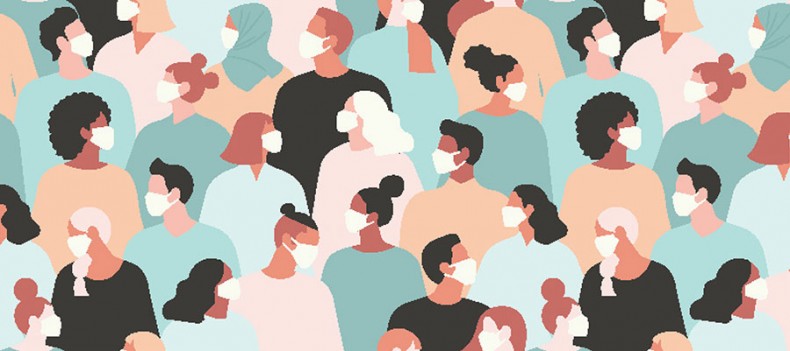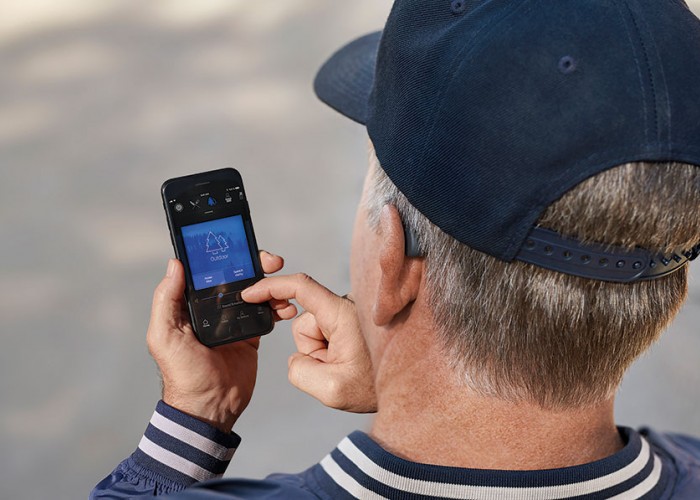Communicating Better With Masks
Improve your conversations through mindful communication
By FamilyFeatures.comIt can be plain hard to communicate through masks and social distancing due to the pandemic. For people with hearing loss, this is an especially trying time. According to 2020 research by Auditory Insight, hearing aid companies reported that usage of online hearing tests have increased at least 500 percent since the pandemic began.
“With COVID-19 and masks, everyday tasks are a source of frustration, such as asking a question at the grocery store deli or talking to someone from behind a customer service desk,” said Bill Schiffmiller, a lifelong hearing aid user and founder and CEO of Akoio, a hearing wellness company. “He also pointed out that masks reduce the loudness of the voice, muffle pronunciation and eliminate visuals like facial expressions and lip reading.”
Data shows people who can’t hear others begin to stay away from other people, and social isolation can lead to anxiety and depression. Among those 55 and older who have hearing loss, 58 percent don’t use hearing aids.
Here are some ways to help you address hearing issues and help you better communicate. You can find more hearing resources at akoio.com.
Help someone hear you better
- Be patient. Remember the increased challenges people with hearing loss are facing now. If communication becomes too difficult through a mask, have a backup plan such as pen and paper or a smartphone note-taking app.
- Try a standard medical mask. High-frequency hearing loss is common, according to audiologist Dr. Shivani Patel, and it makes female voices difficult to hear. In this situation, research has found standard medical masks tend to transfer sound best.
- Minimize background noise. Music, construction, other conversations, heaters and fans can make it challenging to communicate when wearing a mask.
- Avoid “cavernous” rooms. An environment with mostly hard surfaces, such as a large meeting room or gymnasium, offers minimal sound dampening and can make hearing comprehension more difficult.
- Include body movements to indicate your thoughts and feelings. For example, use hand gestures and lift your eyebrows to show surprise and interest.
When you’re having trouble hearing
- Let people know. Tell friends and family what you’re experiencing and be clear and direct in expressing your thoughts. Ask whether they have noticed your hearing troubles and listen to their feedback. Describe specific instances and circumstances when your hearing is affected most. Armed with this knowledge, your loved ones can help you manage various situations.
- Determine a plan of action. Set an appointment to have your hearing checked by an audiologist and be sure to inquire about his or her COVID-19 precautions before making an appointment. Also, if you already wear a hearing aid, be sure to carry extra batteries.
- Make hearing wellness a priority. Hearing is important to a person’s mental and physical wellness, and untreated hearing loss can have multiple health consequences.
-
Staying Healthy
-
Share this story:





